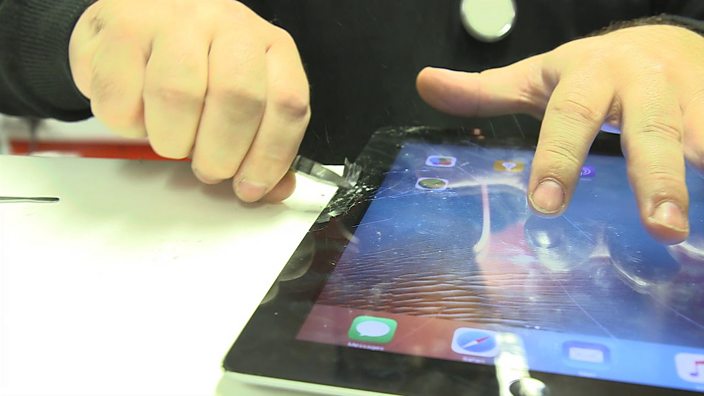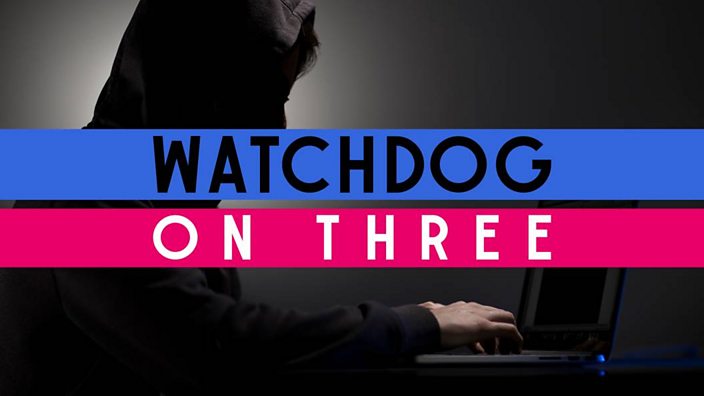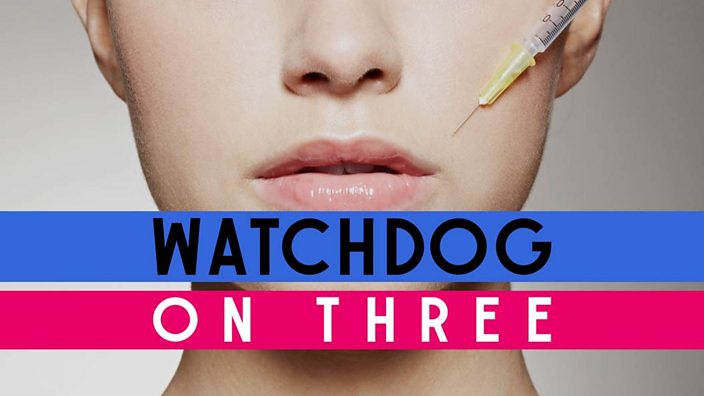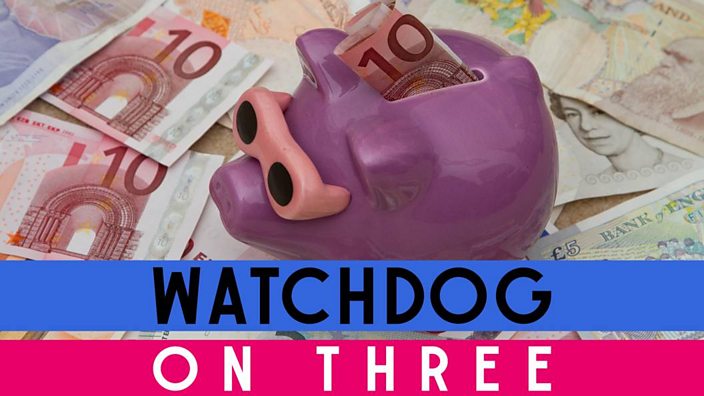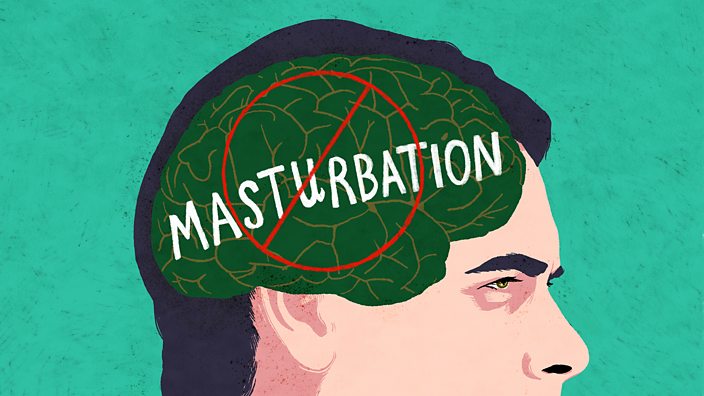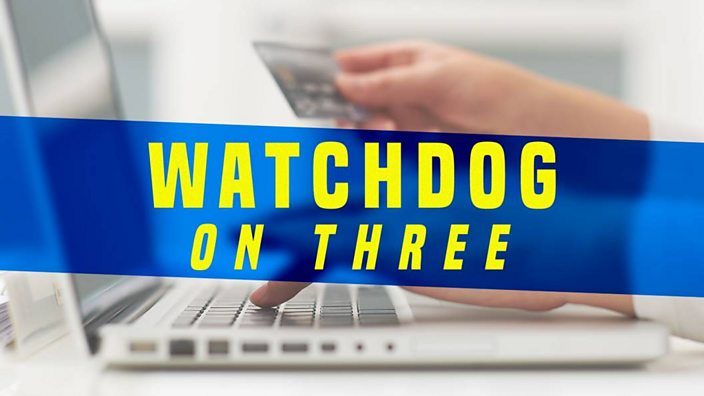 Getty Images
Getty ImagesWatchdog on three: How to protect yourself from bank transfer scams
Do you think twice before transferring money from your bank account to someone else’s? If it’s a small amount, possibly not. But if you’re forking out for a holiday or paying the deposit for a new home, these are much larger sums of money. Should you be worried then?
In Britain, we make over 75 million bank transfers a month. A decade ago, we were making just over 100 million in a whole year. So what happens if you’re being scammed and, unbeknown to you, the person you’re transferring money to is a fraudster?
Dan and Rebecca Wild from Loughborough got in touch with Watchdog. They booked a villa in Mallorca through an online holiday letting website. They were going on holiday with their children, friends and extended family. They booked their accommodation at short notice and were asked to pay £4,100.78 via bank transfer.
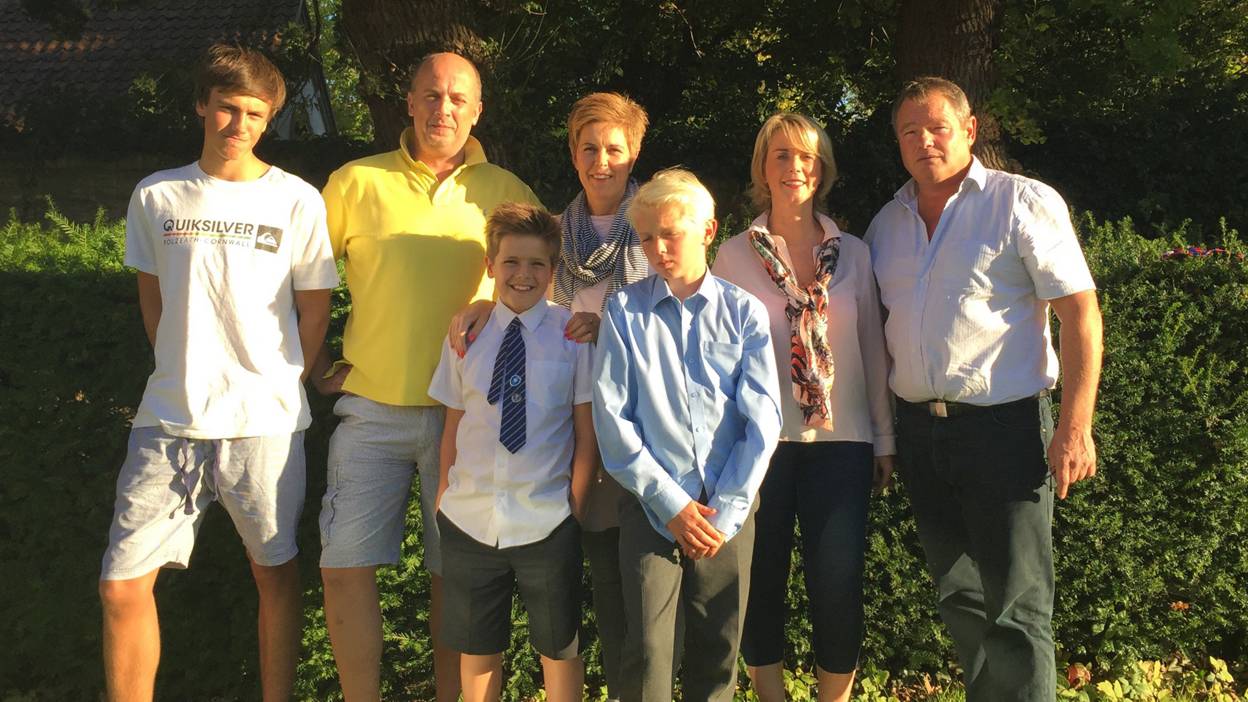 Dan Wild
Dan Wild
Dan tells Watchdog, "I was uncomfortable about transferring that amount of money because I know there’s not much security. I wanted to pay with my credit card. At least if something goes wrong you can usually get your money back. But we had no choice but to do a bank transfer."
When they tried to contact the property owner to confirm the address and details of the accommodation, they were met with a steely silence. Alarm bells started ringing and they called the holiday letting company. Dan and Rebecca were told there was no record of the booking or the property listing and there was nothing they could do. They had been a victim of a scam.
Dan contacted his bank, first direct, and was told that first direct would write to the recipient’s bank and ask them to freeze the funds. But a few days later they were told that the money had already been withdrawn and there was nothing the bank could do.
Dan and Rebecca were left with no accommodation and, between them and their family and friends, they were over £4k out of pocket. Dan says, "I think it’s shocking. It’s staggering that these fraudulent bank accounts can exist. More checks should be done when people open accounts. There are no repercussions and no one cares."
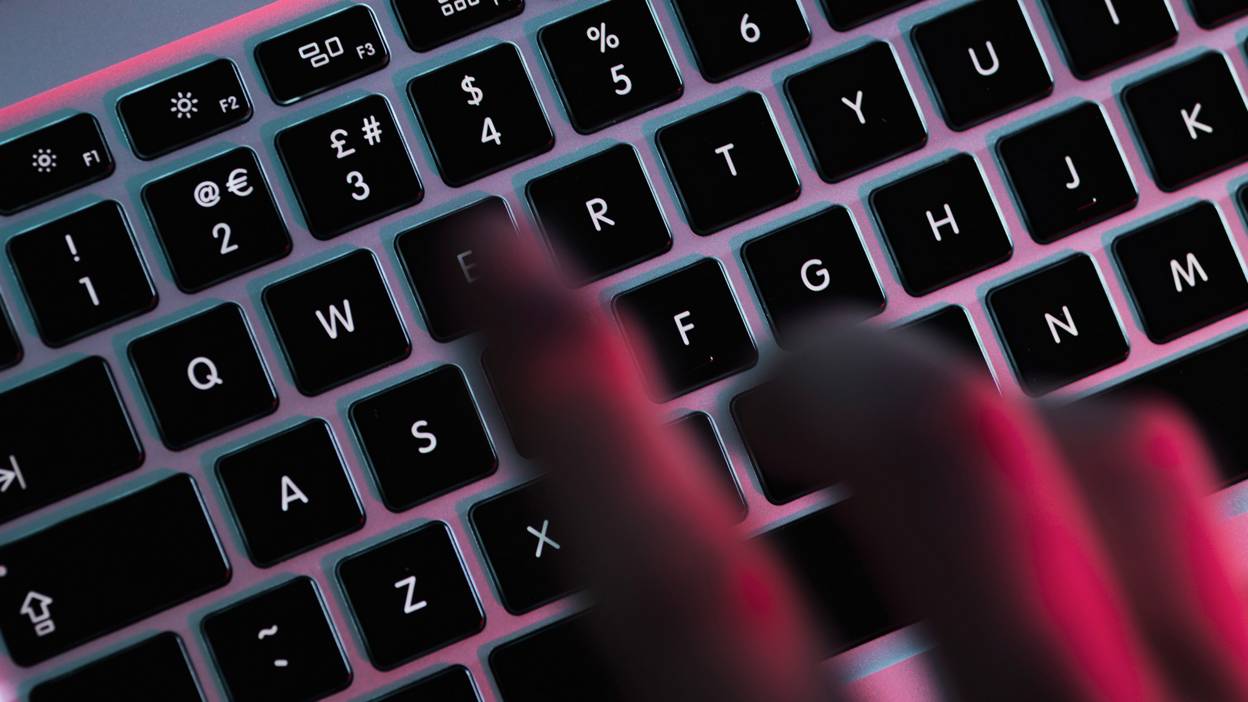 Getty Images
Getty Images
What does first direct say?
The bank’s Fraud Response Team immediately tried to retrieve the Wilds’ funds, but they had already been withdrawn. They say they sympathise with customers in these situations but say unfortunately there is little they can do once the money has gone.
“As a bank we are acting on the customer’s instructions to send the funds when they choose to use this service. We advise customers to always check they are sending the funds to the correct recipient as there is not the same protection they received when using Visa or PayPal.”
They also say first direct take fraud and all financial crime very seriously and publish information on their website for customers to help keep them safe.
So, what can you do to protect yourself?
The obvious and annoying answer is not to transfer money to a fraudster. Obvs. But how do you tell the right’uns from the wrong’uns?
Here are some tips:
- Be extremely wary of any unsolicited calls, texts or emails asking for your personal or financial details and don’t assume an email request or caller is genuine - always think carefully about their request.
- If someone has contacted you asking for payment details and you are the slightest bit unsure then don’t respond to the text, email or give out details on the phone. Instead, contact the organisation you are expecting to pay by, calling them on a number you know to be correct.
- Research any company/person you’re making payment to - are you sure the product/person exists?
- When sending money via your online bank account, double check the amount you are sending as well as the account number and sort code you are sending it to. If you accidentally transfer into the wrong person’s account there’s no guarantee you’ll get it back
- Always pay by card if you can. If not, use transfer services like PayPal. They are safer and have fraud protection as well.
- Ensure you have anti-virus software and additional software recommended by your bank. It is designed to protect confidential data (such as account credentials) from being stolen by malicious software (malware) and via phishing.
If you do get scammed, it would seem there is not much you can do to get your money back. If you authorise a bank to make a payment, it is obliged to do so. If you transfer money to a fraudster, you have no legal right to get your money back from your bank.
Using a credit or debit card can provide you with more protection. For credit cards you may be able to recover lost funds from your bank under Section 75 of the Consumer Credit Act, and for debit cards using the Chargeback Scheme.
If you are tricked into giving out your banking details, and the scammer has used those details to make an unauthorised transfer of funds, then you are likely to be able to retrieve the funds from your bank under the Payment Services Regulations 2009. But note - these rights won’t apply in every case.
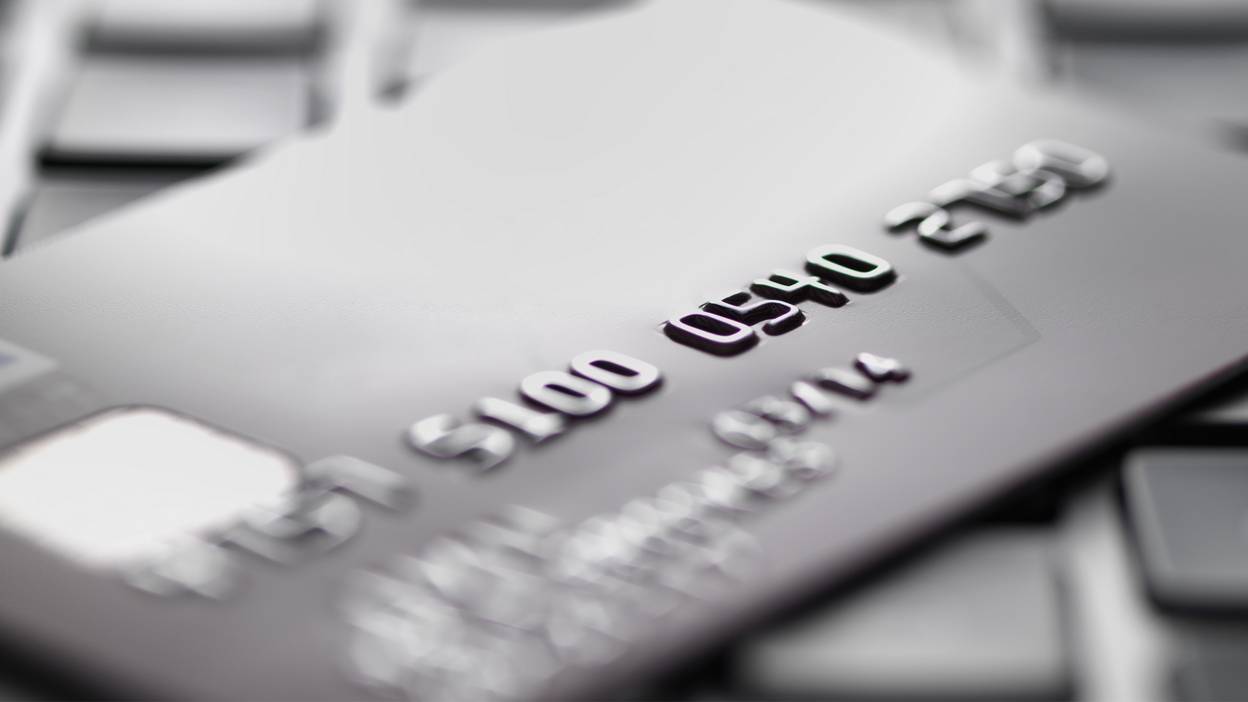 Getty Images
Getty Images
Want more protection? Watch this space.
Consumer rights group Which? has made a ‘super-complaint’ to the financial regulators calling for customers to have better protection when paying by bank transfer.
Alex Neill, Director of Policy and Campaigns at Which?, says, "We all now regularly use bank transfers to pay for things, but what most of us don’t realise is that if you’re conned into paying out money to a fraudster you stand to lose all of your money, unlike when you use your credit or debit card. With scams on the rise, consumers can only protect themselves so far and we believe that banks must do more to tackle bank transfer fraud and safeguard their customers from scams."
The Payment Services Regulator will work with the Financial Conduct Authority to respond to the super-complaint, and we will know more in 90 days.
Have you experienced bank transfer fraud? We want to hear from you. Email us at Watchdog@bbc.co.uk
This article was first published on Wednesday 5 October 2016
